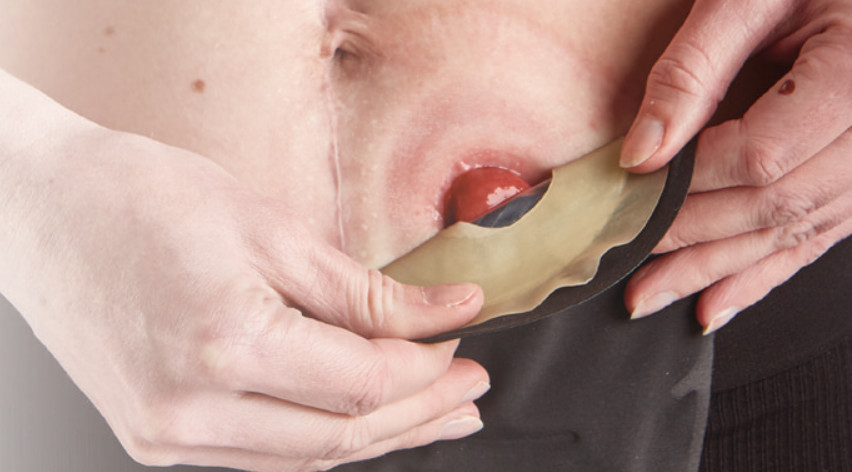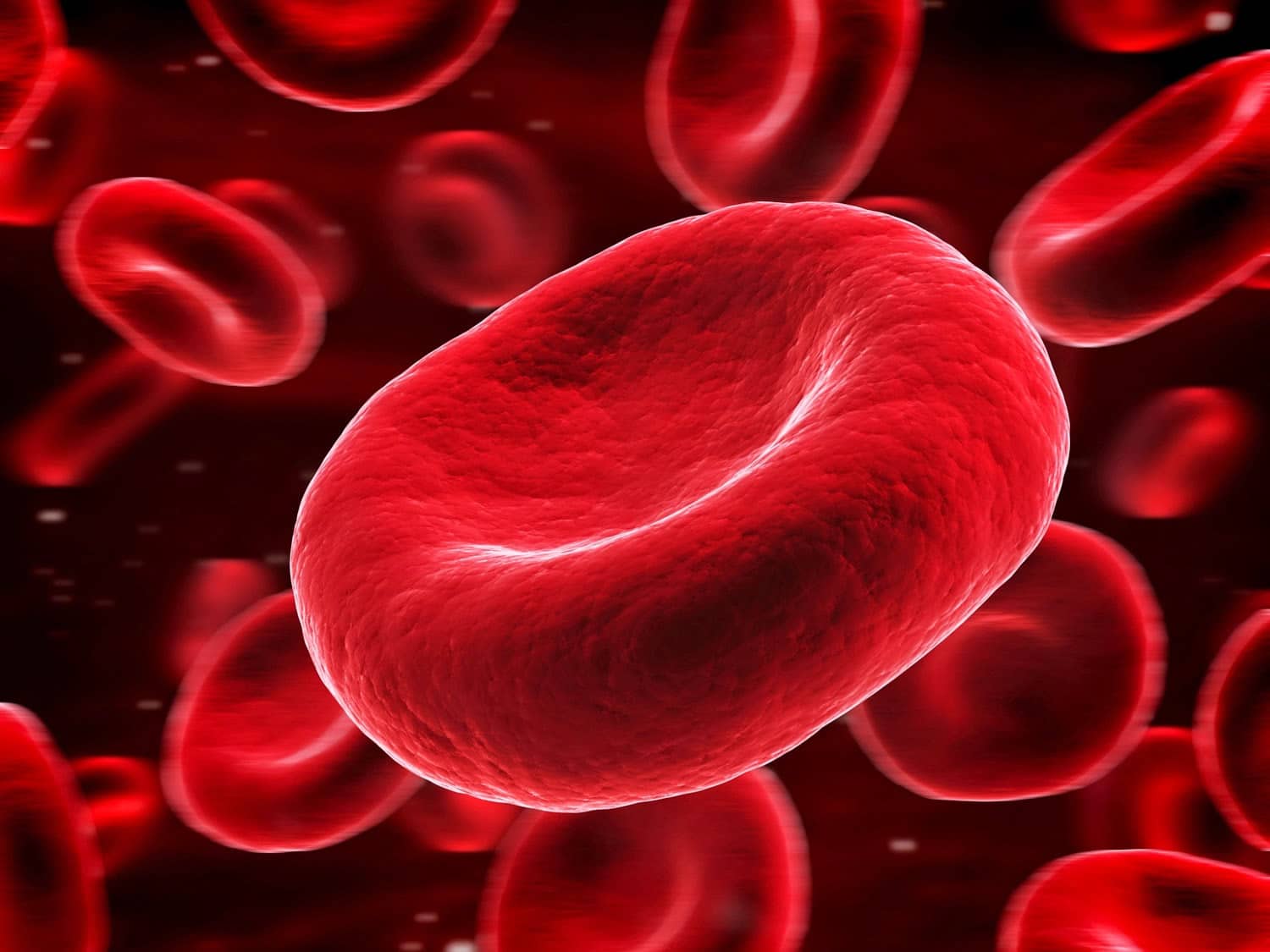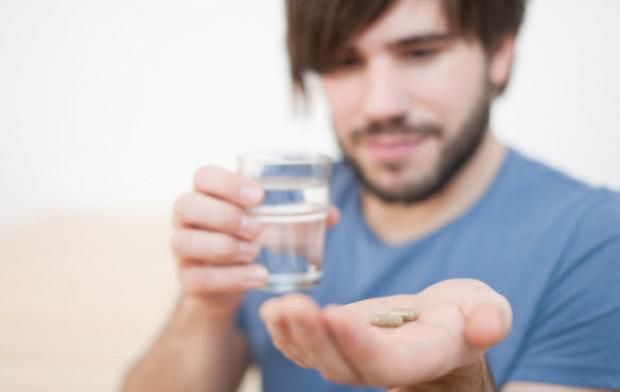Why do we feel burning and itching after intercourse?
Is burning and itching normally after intercourse, or is it a sign of a dangerous disease in women? In this regard, the answer to the main factors and important causes of this problem is divided into the marital relationship.
Vaginal irritation can be uncomfortable but rarely indicates a serious illness. People with vaginal burning usually think they have a fungal infection, but this is just one of several possibilities.
Vaginal burning can be caused by allergies, sexually transmitted infections (STIs), cysts, or abusive relationships, and treatment depends on these reasons. Still, in general, anyone who experiences vaginal burning should look for symptoms.
Reasons for itching after intercourse:
Allergies
An allergic reaction may irritate the vagina. The vagina is a sensitive part of the body and may contain several ingredients in personal care products, such as the following:
- Soap
- Lubricants
- Vaginal lavage and showering
- Sanitary pads and pads
- Contraception
- Body lotions and creams
- Latex condoms
- Be connected
Irritation may occur in reaction to a new product, but products that the body is familiar with can also cause an allergic reaction. If you suspect an allergy to a particular product, it is best to stop taking it and consult a dermatologist.

Burning
Even if there is no allergy, the body may react negatively to contact with some products. Even the most well-known and widely used chemical elements can irritate the vagina. Chemical fragrances are often blamed.
They can be found in many products that interfere with the vagina, including:
- detergents
- Perfumes
- Toilet paper
- body shampoo
- Soap
Also, some clothing may irritate and irritate the vagina, especially polyester underwear, which may irritate the skin.
Sometimes a gap in the underwear is the cause of irritation. Narrow bandages or G-bands may not completely cover the vagina, causing excessive wear and tear and burning of the area during the day.
Identifying and preventing irritants is important. If a person stops using a particular product and the burning sensation subsides, they may have found the cause.
Violent relationships
Sex can irritate the vagina. If the vagina is not oily enough, excessive wear may cause discomfort or pain during intercourse and subsequent swelling.
This type of relationship can also rupture vaginal tissues and put a person at risk for disease.
If a person suspects that an unpleasant relationship has irritated the vagina, he or she may want to spend more time playing or using lubricants to reduce wear.
An analgesic or nonsteroidal anti-inflammatory drug (NSAID) may be helpful in case of swelling. Analgesics such as ibuprofen are available for purchase online.
Gartner duct cysts
The duct created during the formation of the reproductive system and the reproductive system in the fetus usually disappears after birth. If part of this duct, known as the Gartner Canal, remains, the remaining tissue may stick to the vaginal wall and cause a cyst.
Gartner duct cysts may be harmless, but they can become problematic as they grow. Gartner duct cysts may become infected or cause vaginal pain and irritation.
In some cases, excessive cysts appear outside the vagina. Surgery to remove the irritating Gartner duct cyst requires surgery, and as the cyst clears, the symptoms decrease.
Bartholin cysts
The Bartholin glands are located on either side of the vaginal opening, and they secrete moisture.
A cyst in one of these glands may not go unnoticed until it is infected. Also, the skin around the vagina may become inflamed and painful, and in some cases, there may be a burning or bleeding sensation.
If the cyst or abscess is small, it may drain on its own. A shallow, warm bath can help relieve pain, and over-the-counter medications can reduce pain and swelling.
In more severe cases, your doctor may prescribe antibiotics to drain or remove the cyst.
Cellulite
Cellulite is a bacterial infection in the inner layers of the skin that can cause irritation, redness, and sensitivity of the skin. Cellulite occurs when bacteria enter the incision site, for example, when a person has a pubic area.
Regular cleaning of the incision can help prevent infection. In some cases, the drug may prescribe antibiotics.
Bacterial vaginosis
Overgrowth of harmful bacteria in the vagina can lead to bacterial vaginosis. Symptoms may be swelling and gray discharge with an unpleasant odor.
Many cases go away on their own, but your doctor may prescribe antibiotics to speed recovery.
Regular cleaning of the vaginal area and the prevention of possible irritants can help prevent bacterial vaginosis. It may also be a good idea to avoid such problems.
Fungal infections
Fungal infections are caused by an overgrowth of Candida species, which can cause vaginal irritation and other symptoms, including:
- Pain during sex
- Urinate
- Red
- Dark and hard discharge
- Skin irritation
Fungal infections are treated with antifungal drugs. However, it is best to see a doctor because other conditions have similar symptoms.
Infection and inflammation of the cervix through the mixture
Some of these infections can cause inflammation of the cervix called cervical swelling. Symptoms can include pain during intercourse, intermittent bleeding, and abnormal discharge.
Here are some of the major causes of vaginal burning.
Chlamydia: can seriously damage the female reproductive system and also cause painful urination and abnormal discharge.
Gonorrhea: Symptoms in women are often mild and are easily confused with urinary tract or bladder infections. Other symptoms include bleeding between periods and increased discharge.
Trichomoniasis: A parasite causes this disease, and there may be no signs of the disease. Symptoms may include itching, pain when urinating, and changes in discharge. Anyone suspected of having a sexually transmitted infection should see a specialist.
Genital herpes
The herpes virus often causes small, painful blisters near the vagina, turning into painful sores.
While some people do not recognize the symptoms of the disease, others notice swelling, burning, and pain in the wounds of the body, and there is currently no cure for genital herpes, but prescribed medications may be short-lived.

Inflation
The term swelling describes a collection of water or fluids in the body. Veneers in the vagina are usually caused by lymph nodes or blood vessels. Conditions that enlarge the uterus or compress the pelvic arteries, such as uterine fibroids or pregnancy, can cause swelling.
A doctor must determine the cause of the swelling to treat it. Gentle massage of this area may help reduce swelling in some cases, but this should be done with the advice of a doctor.
Pregnancy
Pregnancy can cause vaginal burning, and as the fetus grows, pressure builds up on the pelvis and nearby muscles and blood vessels, which can cause inflammation and the return of blood and fluid from the lymphatic system, leading to swelling.
If a person is suspected of being pregnant, she can have a pregnancy test. Pregnancy tests are available for purchase online, and anyone with severe vaginal discomfort during pregnancy should consult their doctor about safe medications.
Adequate lubrication and vaginal dryness:
The body produces different amounts of natural lubricants, and there are many reasons for this: age, contraception, and some medications are just a few. When the vagina is not lubricated properly, friction can cause skin wounds to disappear.
These sores can make you prone to infection and do not feel good, which means that they can sometimes be very uncomfortable.
How to feel better now:
Even after sex, moisturize your vagina a little. It’s like putting lotion on your skin when you feel dry.
It is not too late to moisturize the skin and can have a soothing effect. You want to avoid any oil that contains alcohol. Examine the ingredients carefully to make sure your soothing effort does not cause the skin to tear.
How to prevent pain in the future:
To get started, make sure you have enough time to warm up and use a lubricant. These are simple steps that will allow your vagina to produce more lubricating oil and be supplemented with a natural lubricant.
It would help if you talked to your gynecologist about what is happening. There are many reasons you should not produce too much natural lubricant, and a gynecologist can help you choose.
Are you allergic to latex?
Some people are allergic to latex. If you are one of these people and use a latex condom, you may irritate your vagina.
How can you feel better:
Putting an ice pack outside your underwear to soothe your vagina for a few minutes is the best thing you can do.
How to prevent pain in the future:
Talk to your gynecologist to make sure you are not allergic to latex (and nothing else). If you are allergic, do not use a condom later, which means stop using the condom. There are many options, such as polyurethane condoms, that you can use to prevent illness and pregnancy.
Notable point
Although polyurethane has no rubber and helps prevent disease and pregnancy, its laser is larger than latex condoms and is damaged. Female condoms are free but less effective in preventing pregnancy than latex condoms. You can consult a gynecologist to find one that is right for you and your partner.
You have an infection.
If you feel discomfort beyond minor pain such as itching, burning, or abnormal discharge, you may get an infection. This could be a fungal infection, bacterial vaginosis, a sexually transmitted infection, or something else, and the best solution is to talk to a gynecologist.
How to feel better
Recognize your pain but do not self-medicate. Depending on the type of infection, you may need prescription medications, so the sooner you see your gynecologist, the better.
How to prevent it in the future: Prevention methods vary greatly depending on the type of infection, and you can talk to your gynecologist about things you can do in the future.
- Tip 1: Use a condom. As you know, condoms can protect you from sexually transmitted infections.
- Tip 2: Urinary excretion after sexual intercourse can reduce the risk of urinary tract infection.
Finally, avoid cleaning the vagina with a shower. Taking a shower can upset the pH of your vagina and expose you to infection, and if you feel pain, try placing a cold water bag on your vagina to relieve it a bit.
You have special medical conditions.
If you have persistent pain during or after intercourse, you may have a medical condition such as endometriosis or uterine fibroids, and talk to your doctor if this happens.
How to get better now:
Make an appointment with your specialist doctor.
How to prevent it in the future:
Talk to your best gynecologist about the best way to reduce pain during sex. Depending on your situation, some situations may be easier than others, and your caregiver can help you figure out what is best for you.










